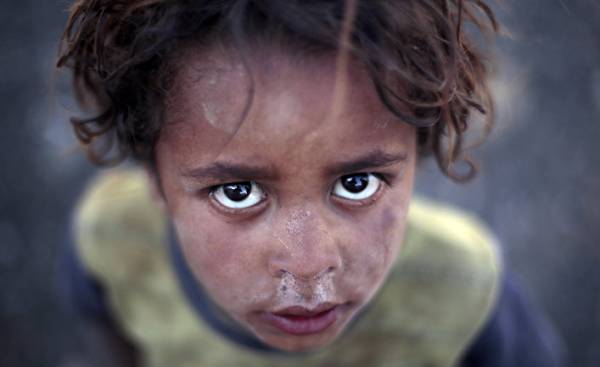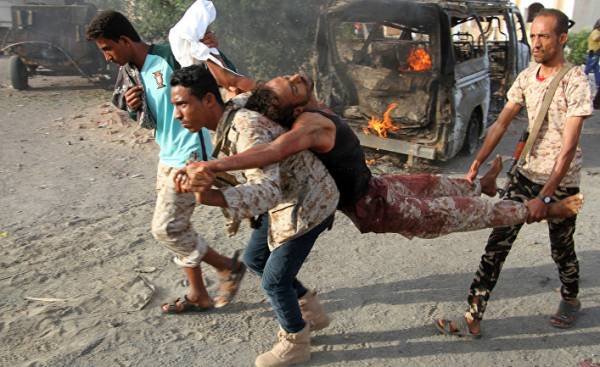
Former US President John F. Kennedy predicted: “Mankind must put an end to war or war will put an end to mankind.” Wars and armed conflicts around the world continue to be the main reason for the decline of the gross world product (GWP). The PMF shows the General state of the world economy, the prospects for its mobility, and negative or positive trends that occur in one area or another. Often the effects are negative and quite serious.
Of course, the negative effects of the global economy exact a terrible toll on the poorest countries that “supported” the crises while the international community knows the ways of ending confrontation and reduce political tensions, which in some areas develops into open conflict. It seriously affects all global plans for the reduction of poverty and unemployment and the plans to combat diseases and epidemics. All of these global plans aimed at creating an improved version of the world, not to create a “better world”, because the latter is difficult to perceive in our time. Everyone is responsible for the reduction of the PMF, regardless of who provokes wars, conflicts, and often refers to “the language of weapons”. No governmental and non-governmental organizations, including those associated with the UN, has not made significant progress in conflict resolution. This means that VMP continues to decline.
According to the latest report of the Institute for Economics and peace in Sydney, terror and violence has a negative impact on all sectors of the economy. In 2015, the indicators of the PMF decreased by 13.3%, which is equal to 1876$ per person. According to the Institute, over the past ten years the cost of eliminating the consequences of violence stood the world economy 137 trillion. These costs include money spent on military operations, health insurance and international UN peacekeeping force. And the most interesting is the fact that in very few countries thriving peace and security. This means that the chances of getting rid of conflict and violence are very small and losses in the world economy will occur all the time.
Our world needs further development not for immediate prosperity and well-being, and to ensure all rights for future generations. But these conflicts are a direct aggression against them, because the cost of taking them away from a decent life, which could be them in the future. On this basis, we can say that the conflicts take the money of present and future generations and leave no funds for further development, because conflicts destroy the social and economic framework.
Last year the situation has not changed, but on the contrary, become more acute conflict regions at that time, as the international community did nothing substantial to stop the war. The performance of the world economy has declined severely in 2015, which automatically affected the figures of 2016, which reflect a significant drop in the rate of growth where no one thought it could happen, in particular in Asia, especially in China. However, not all conflict is “explosive”, but in some cases they do the same damage as “explosive” situation. In the Asian region, there have been “explosive” situations that led to negative consequences. Even if China is similar, we can imagine what is happening in other countries that are not included in the list of developing countries.
 © AFP 2017, Saleh AL ObeidiМесто terrorist attack in the city of Lahj in southern Yemen
© AFP 2017, Saleh AL ObeidiМесто terrorist attack in the city of Lahj in southern Yemen
Conflicts, wars or clashes affect even those countries and regions that are not directly associated with them. This confirms a frightening reality that will worsen as long as the conflicts do not cease. The consequences are not only financial costs, but with production cuts, huge debts because of wars, and of course the growing unemployment and crime, deterioration of education level and other serious side effects affecting the economy as a whole.
All the world’s conflicts, regardless of their duration differently hit the global economy. Is it plausible to impose the costs of war and confrontation on every person in the world who is going to pay five dollars for it during the year? While recent world Bank figures show that 10.7% of the population lives on less than two dollars per person per day. And while on the horizon there is no sign of change for the better. Economic indicators are not encouraging and pushing inexorably down.







